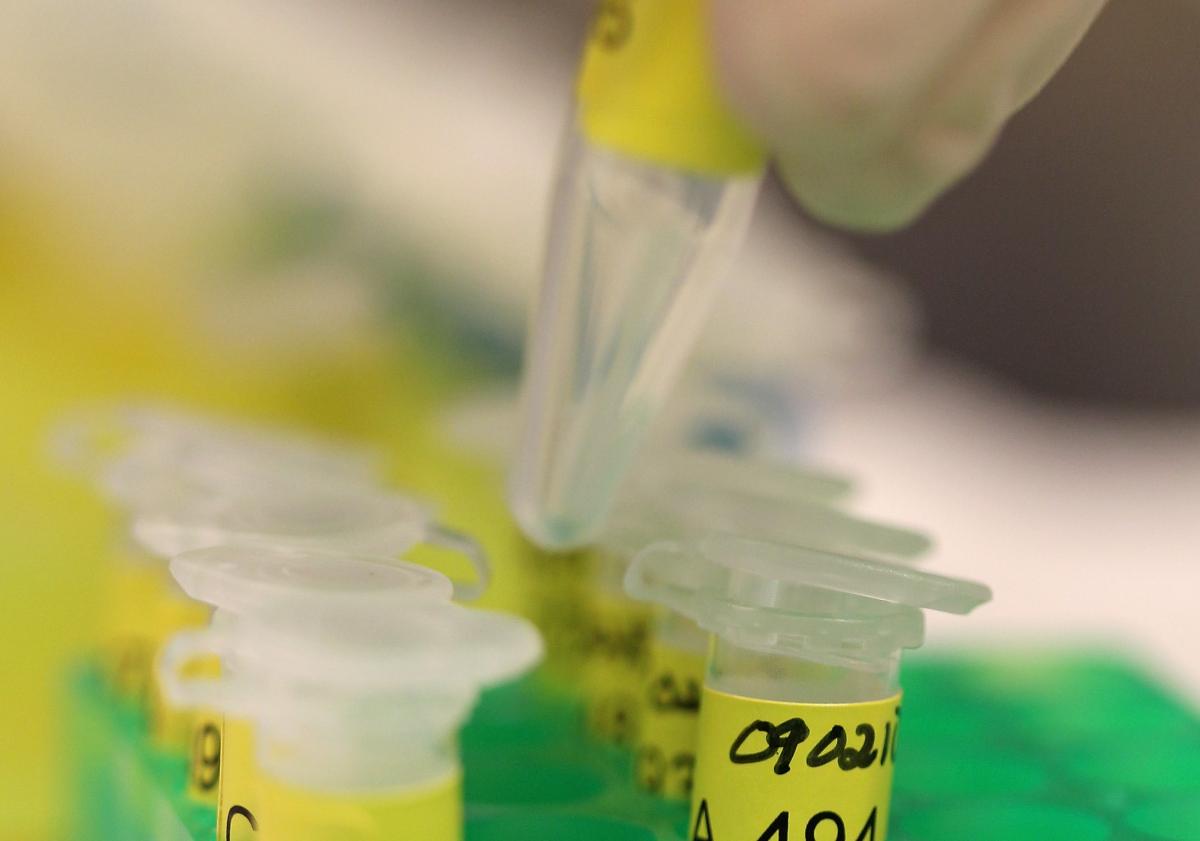Georgian athlete Lasha Alelishvili banned two years for anti-doping rule violation
Para powerlifter returned adverse analytical finding for a Prohibited Substance at the Tbilisi 2022 European Open Championships 09 Jun 2023
The International Paralympic Committee (IPC) has banned Para powerlifting athlete Lasha Alelishvili for a period of two (2) years for committing an anti-doping rule violation (ADRV), in breach of the IPC Anti-Doping Code.
The Georgian athlete returned an adverse analytical finding (AAF) for a Prohibited Substance in a urine sample provided in-Competition at the Tbilisi 2022 World Para Powerlifting European Open Championships on 24 September 2022.
The substance was tamoxifen. The substance is included on the World Anti-Doping Agency (WADA) 2022 Prohibited List under the class S4 Hormone and Metabolic Modulators.
The athlete accepted his commission of the ADRV and the consequences proposed by the IPC.
As a result of his violation, Alelishvili will be ineligible for competition and other sporting activities (other than authorised anti-doping education or rehabilitation programmes) for two years from 9 March 2023 to 8 March 2025.
The results obtained by the athlete in the Men’s up to 65kg competition at the 2022 European Open Championships are automatically disqualified, with all resulting consequences, including forfeiture of any medals, points and prizes. All results obtained by the athlete from the date the sample was collected through to the commencement of the athlete’s voluntary provisional suspension (9 March 2023) are also disqualified, with all resulting consequences, including forfeiture of any medals, points and prizes.
Each athlete is strictly liable for the substances found in their sample. An ADRV occurs whenever a prohibited substance (or its metabolites or markers) is found in their bodily specimen, whether or not the athlete intentionally or unintentionally used a prohibited substance or was negligent or otherwise at fault.
As a signatory of the World Anti-Doping Code (the WADC), the IPC remains committed to a doping-free sporting environment at all levels. The IPC has established the IPC Anti-Doping Code (Code) in compliance with the general principles of the WADC, including the WADC International Standards, expecting that, in the spirit of sport, it will lead the fight against doping in sport for athletes with an impairment.




